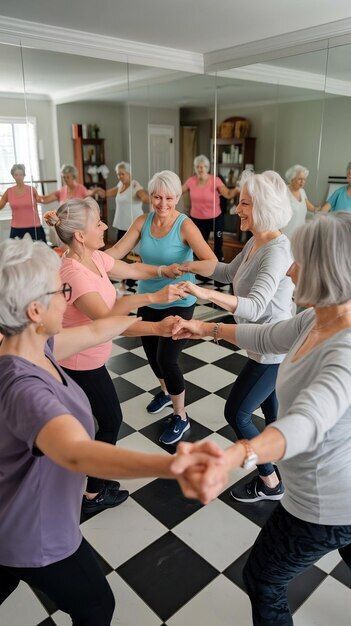
As Sudden Cardiac Arrest Awareness Month continues, let’s focus on the connection between anxiety, mental stress and cardiac arrest.
According to a study published in 2022 in the journal Frontiers in Psychiatry, mental stress and anxiety may increase the likelihood of sudden cardiac arrest by affecting the heart’s electrical activity – including in otherwise healthy people.
Here’s how: over time, unmanaged stress may have a physiological impact that deprives your heart of the electrical energy it needs to beat properly.
The study, which analyzed the findings of 20 prior studies, suggests that some otherwise healthy individuals with high anxiety scores had more than double the chance of experiencing cardiac arrest.
We all know life comes with its challenges. It’s easy to get stuck in the stress cycle. Let’s explore some simple ways to manage stress that can benefit your heart health and improve your quality of life.
- Practice gratitude: Practicing gratitude helps lower stress levels, boosts your immune system, and increases the “happy” chemicals in your brain, such as dopamine and serotonin.
- Go green: Try getting out into nature, planting something, or going to the park.
- Stay active: Get a gym membership. Many health insurance plans will cover some or all of the cost. You might also try exercising with some lightweight dumbbells at home. Learn Tai Chi (yoga in movement), swim, or just get out for a brisk walk.
- Get social: Join a meet-up group or start your own. Write letters to friends or make dinner together.
- Focus on what brings you joy: Do something you love at least once a week. Perhaps its dancing, listening to live music, cooking, singing, decorating, crafting, reading, writing, or researching something that interests you.
Bonus tip! Help save another’s life.
Life can be hard and sometimes events happen that are beyond your control. Besides saving your life, what could feel better than saving someone else’s?
If you’re ever with a friend, loved one, or stranger who experiences cardiac arrest, a little training and awareness can help boost confidence in your ability to jump in and help.
It can be scary, and many people don’t feel prepared to respond to a life-threatening situation. Knowing Call.Push.Shock™ (calling 911, administering hands-only CPR, and using an automated external defibrillator (AED)) can put you in a great position to make a life-saving impact.
As always, stay tuned for more information and tips to keep you and others healthy and happy!
At Starting Hearts, we offer training that can make a life-saving difference. Contact us for more information: info@startinghearts.org.
Christa McClellan is a registered nurse and healthcare writer based in North Carolina.
